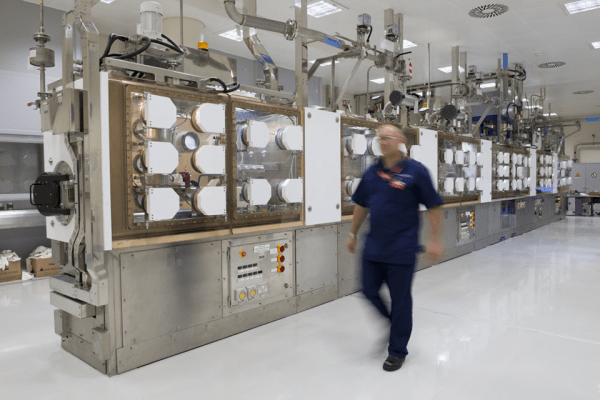
It is described as the first battery powered by americium-241, a radioactive isotope of the synthetic element americium.
The work, funded by the UK Space Agency (UKSA) and carried out by , will be carried out at a new £19 million laboratory in Sellafield, Cumbria.
Touching on the topic, the UK government will “deliver a sovereign supply of fuel for space batteries in the context of global shortages”, enabling the UK and partners to develop new space science.
America-241
It was in 2009 that NNL researchers first discovered that americium-241 is produced during radioactive decay. of spent fuel from nuclear reactors and that it has been releasing electricity for over 400 years.
"This innovative method of building an America for space missions will allow us not only to continue exploring the Moon and Mars for longer periods of time, but also to go further into space than ever before," said Dr. Paul Bate, director general of the British space agency.
“Supporting the expansion of the National Nuclear Laboratory will make the UK the only country in the world capable of producing this viable alternative to plutonium, reducing the global space community's reliance on limited supplies that are becoming increasingly difficult and expensive to obtain.&# 8221;
Nuclear space batteries, also known as radioisotope power systems (RPS), release heat as the radioactivity inside them decays. The heat can be used directly to prevent the spacecraft from freezing, and it can be converted into electricity to power onboard systems.
The batteries last for decades, UKSA says, with no need for maintenance for many years. in which a spacecraft could travel.
Apollo
All Apollo missions used an atomic battery, the agency said, as did every rover that went to Mars. However, they are powered by plutonium-238, a radioisotope produced only in the US, where supplies are limited, and in Russia.
"For the last 50 years, plutonium-238 has been used in space missions to stop spacecraft from freezing, but supplies are very limited," said Professor Tim Tinsley, lead author of the work at the National Nuclear Laboratory.
“At NNL, we discovered significant reserves of americium-241, a radioisotope with properties similar to plutonium-238, but smaller. -changing potential for the UK's space ambitions.”
The British minister also highlighted possible export opportunities:
"Being able to offer America-241, which is unique in the world, will encourage investment and create growth opportunities for all UK industries looking to explore nuclear energy," said Science Secretary George Freeman.
Image: NNL
See also:
Source: electronicsweekly.com










